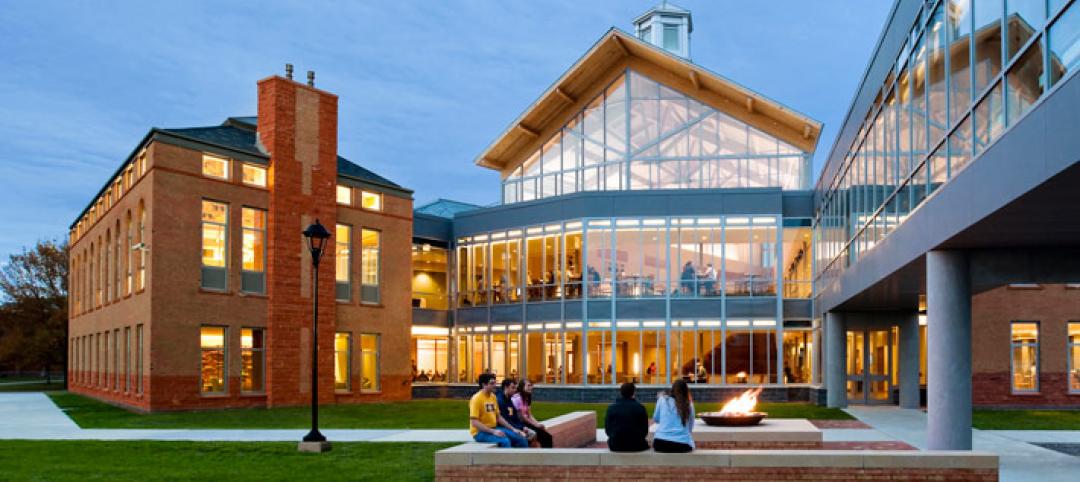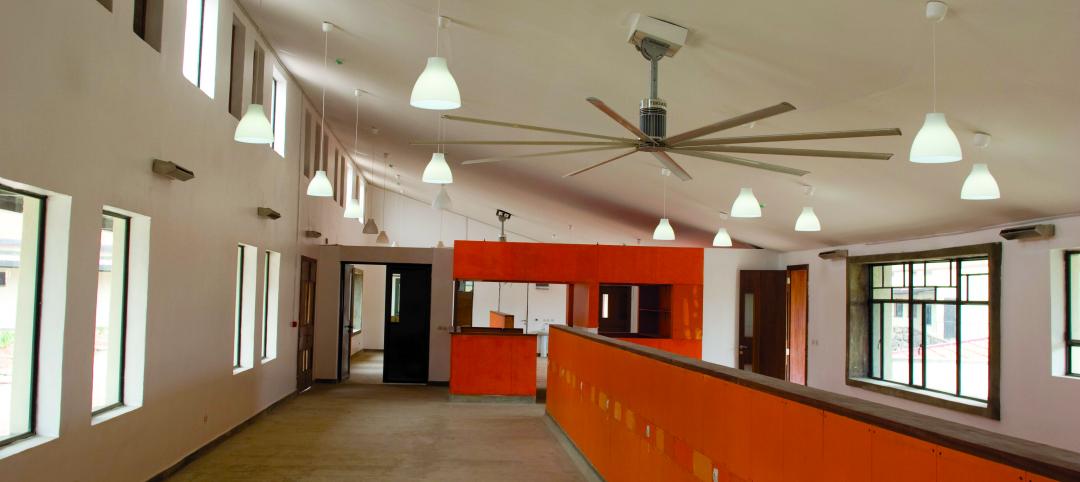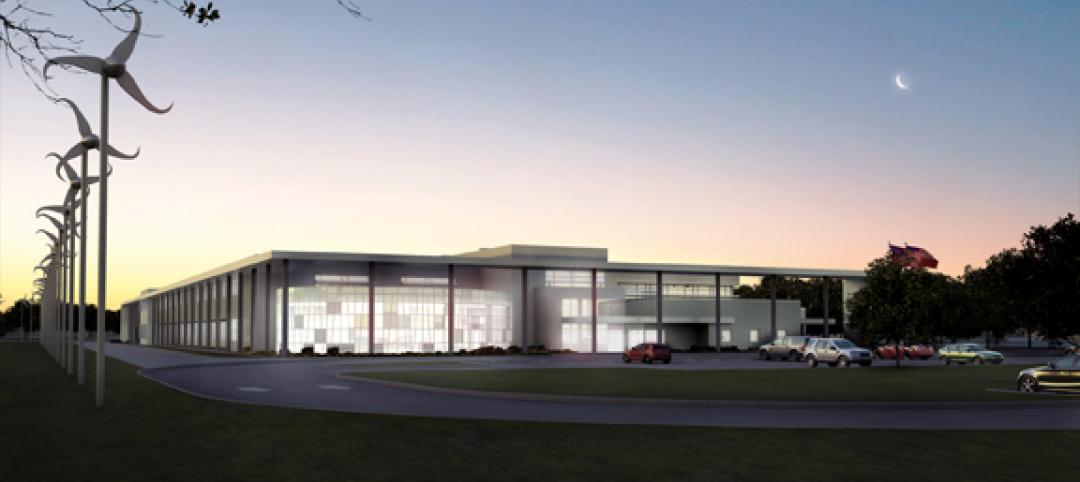The Propane Education & Research Council (PERC) announces the launch of its Propane Heat & Power Incentive Program, a nationwide research initiative designed to encourage adoption of new energy-efficient propane-fueled products by homeowners and business owners.
Participants can receive up to $10,000 toward the purchase of premium generator sets and micro-combined heat and power (micro-CHP) systems in exchange for reporting performance data on equipment to PERC. Businesses and homeowners can apply for up to two qualifying products. Feedback from the program will be used to supplement future product development and research.
“Propane is a clean-burning, American-made fuel that can help business owners and homeowners lower heating and electric bills while potentially increasing the value of their homes or properties,” Bridget Scanlon, director of residential and commercial programs at PERC, said. “The Propane Heat & Power Incentive Program lowers the initial purchase cost on new propane-fueled products, enabling more homes and businesses to experience the advantages of propane.”
The Propane Heat & Power Incentive Program offers $1,500 on the Kohler 6VSG and Generac EcoGen 6 kW generators. Micro-CHP systems, including the Marathon Ecopower and Yanmar CP5WN, qualify for a $5,000 incentive while Yanmar’s CP10WN system qualifies for a $10,000 incentive.
Propane is currently used in over 48 million U.S. households for residential applications and emits fewer greenhouse gas emissions than conventional home heating fuels and electricity. In 2009, almost 75 percent of propane sold was for residential or commercial uses.
To learn more about the Propane Heat & Power Incentive Program, qualifying products, or to apply, visit buildwithpropane.com/heatandpower.
Related Stories
| Jun 1, 2011
Low-energy fans help combat disease in Rwandan clinic
Isis fans from Big Ass Fan Co. help kill airborne pathogens in Rwanda’s Butaro Health Clinic by passing air over UV lights.
| May 25, 2011
Smithsonian building $45 million green lab
Thanks to a $45 million federal appropriation to the Smithsonian Institution, the Smithsonian Environmental Research Center in Edgewater, Md., has broken ground on what is expected to be one of the most energy-efficient laboratories in the country. The 69,000-sf lab is targeting LEED Gold and is expected to use 37% less energy and emit 37% less carbon dioxide than a similar building.
| May 18, 2011
Former Bronx railyard redeveloped as shared education campus
Four schools find strength in numbers at the new 2,310-student Mott Haven Campus in New York City. The schools—three high schools and a K-4 elementary school—coexist on the 6.5-acre South Bronx campus, which was once a railyard.
| May 17, 2011
Sustainability tops the syllabus at net-zero energy school in Texas
Texas-based firm Corgan designed the 152,200-sf Lady Bird Johnson Middle School in Irving, Texas, with the goal of creating the largest net-zero educational facility in the nation, and the first in the state. The facility is expected to use 50% less energy than a standard school.
| May 17, 2011
Gilbane partners with Steel Orca on ultra-green data center
Gilbane, along with Crabtree, Rohrbaugh & Associates, has been selected to partner with Steel Orca to design and build a 300,000-sf data center in Bucks County, Pa., that will be powered entirely through renewable energy sources--gas, solar, fuel cells, wind and geo-thermal. Completion is scheduled for 2013.
| May 16, 2011
Seattle unveils program to boost building efficiency
Seattle launched a new program that will help commercial property owners and managers assess and improve building energy efficiency. Under the program, all commercial and multifamily buildings larger than 10,000 sq. ft. will be measured for their energy performance using the EPA’s ENERGY STAR Portfolio Manager.
| May 11, 2011
DOE releases guide for 50% more energy-efficient office buildings
The U.S. Department of Energy today announced the release of the first in a new series of Advanced Energy Design Guides to aid in the design of highly energy efficient office buildings. The 50% AEDG series will provide a practical approach to commercial buildings designed to achieve 50% energy savings compared to the commercial building energy code used in many areas of the country.












